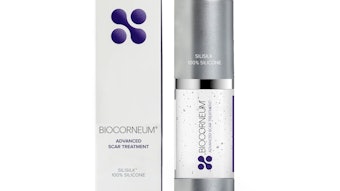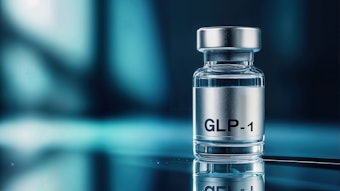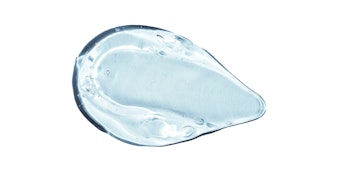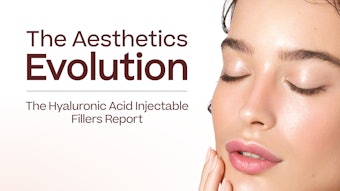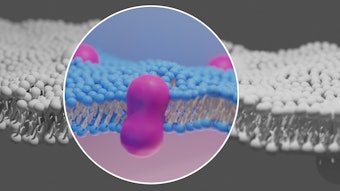
Perimenopausal and post-menopausal women experiencing estrogen deficiency-induced vaginal atrophy may have a new, effective non-hormonal treatment option in the future, according to the outcomes of a mouse study from the department of plastic and reconstructive surgery at Shanghai Jiao Tong University School of Medicine and the Shanghai Key Laboratory of Tissue Engineering at the National Tissue Engineering Center of China (Aesthetic Surgery Journal, October 20, 2021).
Related: Energy-based Vaginal Rejuvenation Show Low Risk, Need for More Data
The research team treated ovariectomized mice with cell-free fat extract (CEFFE) via vaginal topical application for two weeks. The vaginal mucosal cell layer number, mucosal thickness and vaginal collagen volume were determined using histological analyses. The vaginal mucosa proliferation and lamina propria angiogenesis were evaluated using anti-PCNA and anti-CD31 staining, respectively. For in vitro analysis, VK2/E6E7 cells were administered increasing CEFFE concentrations. Cell proliferation and cell cycle distribution were analyzed using CCK-8 assay and flow cytometry, respectively. Mucosal migration was evaluated using a wound healing assay. The expression of Ki-67, estrogen related proteins was detected using western blotting.
Related: Indications for Surgical and Nonsurgical Vaginal Rejuvenation
Following two weeks of topical application, the CEFFE-treated mice showed increased mucosal thickness and number of vaginal mucosal cell layers and reduced vaginal atrophy compared to ovariectomized mice. The number of PCNA-positive cells and CD31-positive capillaries also increased. In addition, CEFFE promoted the proliferation and migration of VK2/E6E7 cells, upregulated the expression of Ki-67, and inhibited the expression of estrogen relative proteins and PI3K/AKT pathway.
The authors noted that the CEFFE topical prevented estrogen deficiency-induced vaginal atrophy by promoting vaginal mucosal proliferation and increasing neovascularization but not through the estrogen/estrogen receptor pathway.

